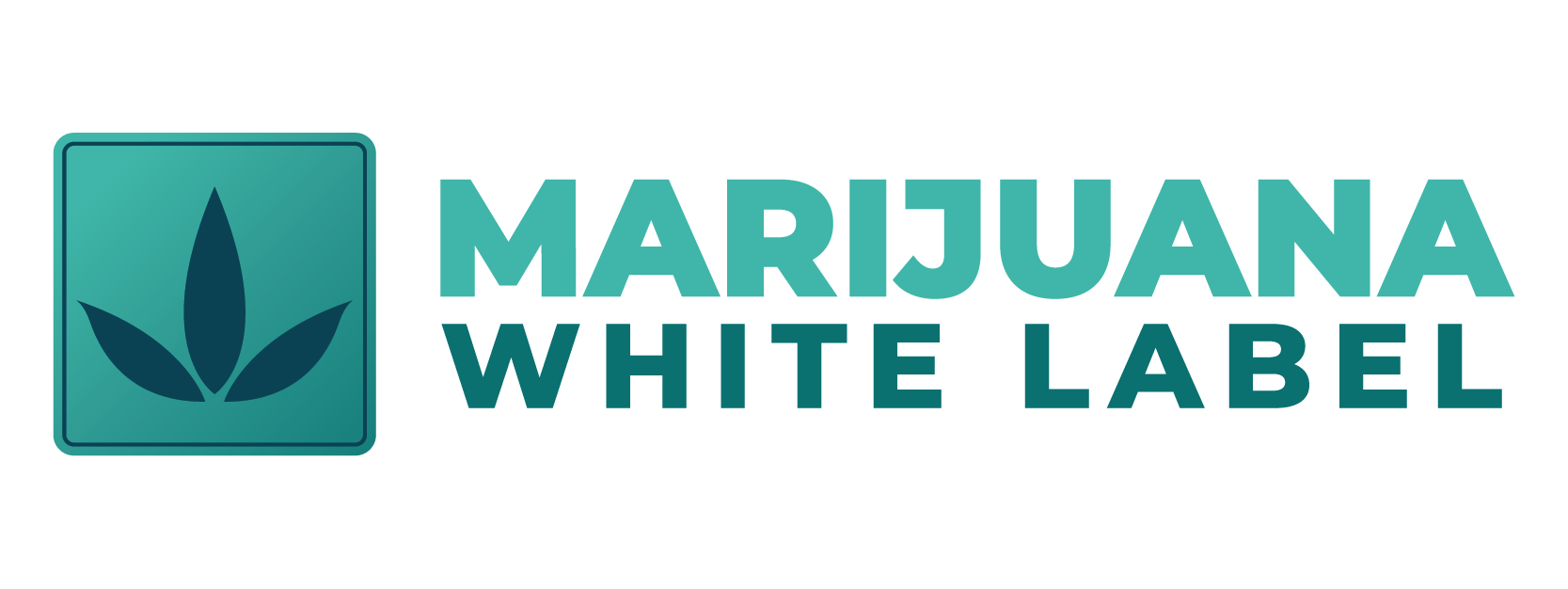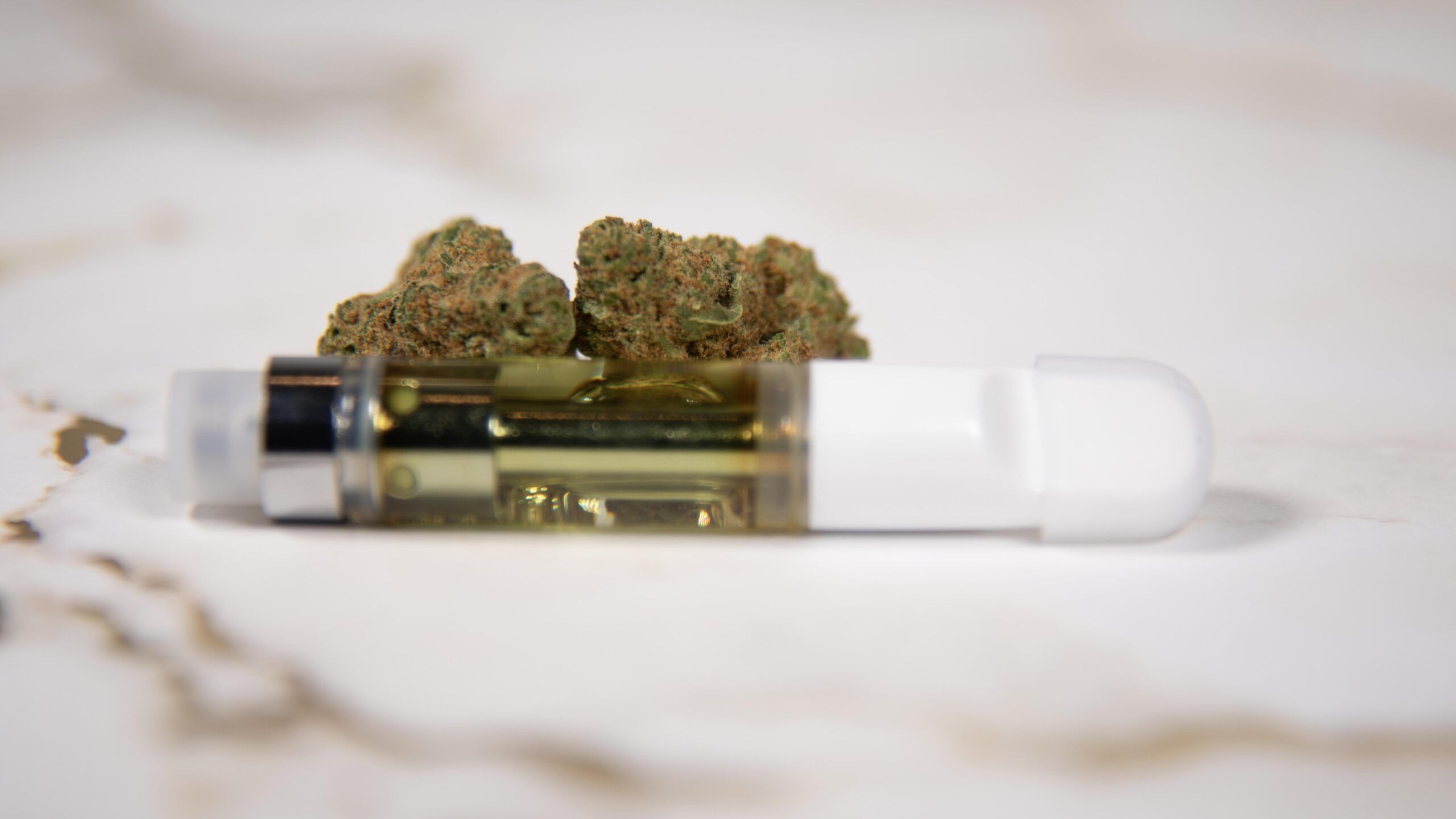The cannabis industry has matured into one of the most competitive consumer markets in North America. Among its many categories, edibles have emerged as one of the fastest-growing segments, and white label manufacturing is playing a decisive role in this expansion. White label edibles—products produced by a third-party manufacturer but branded and sold under another company’s label—are fueling growth for both established cannabis companies and new entrants eager to capture consumer demand.
Accessibility for Brands Entering the Market
One of the key reasons white label edibles are driving growth is accessibility. Launching an in-house edibles line requires extensive investment in specialized equipment, culinary expertise, and strict compliance with food safety regulations. White label partners eliminate these upfront barriers by allowing brands to access ready-made infrastructure. According to BDSA’s 2024 industry report, edibles sales in the U.S. are projected to surpass $4.6 billion by 2026, with much of that momentum tied to partnerships between brands and third-party producers. By lowering capital requirements, white label models make it easier for companies to diversify their product portfolios quickly.
Consumer Preference for Variety and Innovation
Consumers today expect variety, flavor innovation, and consistent quality in cannabis products. Edibles stand out because they offer a discrete and smoke-free consumption method. In particular, gummies have become a staple, representing more than 70% of total edible sales in several legal states, according to Headset Analytics. White label manufacturers often specialize in scaling popular formats like gummies, chocolates, and beverages, providing brands with a steady stream of market-ready SKUs. This allows retailers to keep shelves stocked with diverse offerings that appeal to different consumer demographics, from wellness-focused microdosers to recreational buyers seeking high-potency treats.
Speed to Market Advantage
Speed is another driver behind the dominance of white label edibles. The cannabis market evolves quickly, with consumer preferences shifting from strain-specific flower to convenient, lifestyle-oriented products. Brands that attempt to build their own edibles production facilities can face delays of 12–18 months before a product launch. In contrast, white label partnerships reduce time-to-market significantly. This agility is crucial when capturing momentum around trends such as sugar-free formulations, vegan ingredients, or minor cannabinoid infusions like CBN for sleep and CBG for focus. Being first or early to market with trending products can translate directly into stronger market share.
Quality Assurance and Regulatory Compliance
The edibles segment is subject to some of the most stringent regulations in cannabis, including child-resistant packaging, standardized serving sizes, and lab testing requirements. White label producers often maintain Good Manufacturing Practices (GMP)-certified facilities, ensuring that products consistently meet safety and compliance benchmarks. For brands, this means reduced regulatory risk and greater confidence in quality control. In states like California and Colorado, where regulators frequently audit edible manufacturers, working with an experienced white label partner helps brands avoid costly compliance pitfalls that could jeopardize their reputation or license.
Expanding Distribution Channels
White label edibles also enable brands to tap into broader distribution networks. Multi-state operators (MSOs) in particular benefit from working with regional white label partners who understand local market regulations and consumer preferences. For instance, a national brand can launch the same gummy line in Illinois, Nevada, and Florida by partnering with licensed local manufacturers, each ensuring compliance with state-specific THC limits and packaging rules. This approach creates consistency for the consumer while providing scalability for the brand. It also strengthens relationships with dispensaries, who rely on a reliable flow of compliant, in-demand edibles.
Building Brand Identity Through Product Differentiation
Although the products originate from third-party facilities, brands still have considerable control over differentiation. White label producers offer customizable options for flavor profiles, cannabinoid ratios, and packaging design. This flexibility allows brands to tailor products to their unique identity and consumer base. For example, wellness brands may emphasize low-dose CBD-rich edibles in calming flavors, while lifestyle brands may push bold flavors paired with higher THC potency. This branding layer ensures that while the production is outsourced, the consumer experience remains aligned with brand values.
Outlook: Continued Growth and Market Maturity
As the cannabis industry heads into 2026, white label edibles are poised to maintain their trajectory of dominance. The model balances cost efficiency, compliance, and consumer demand for variety, while giving brands the freedom to innovate without operational overhead. For consumers, it translates into greater access to safe, consistent, and diverse edible options. For businesses, it represents a strategic pathway to scale and sustainability in a crowded marketplace.
Industry analysts expect edibles to continue outpacing flower sales in growth rate, especially as health-conscious and first-time cannabis consumers gravitate toward discreet, precisely dosed products. White label partnerships will remain central to this evolution, shaping the competitive landscape and redefining how cannabis companies build consumer trust and loyalty.

